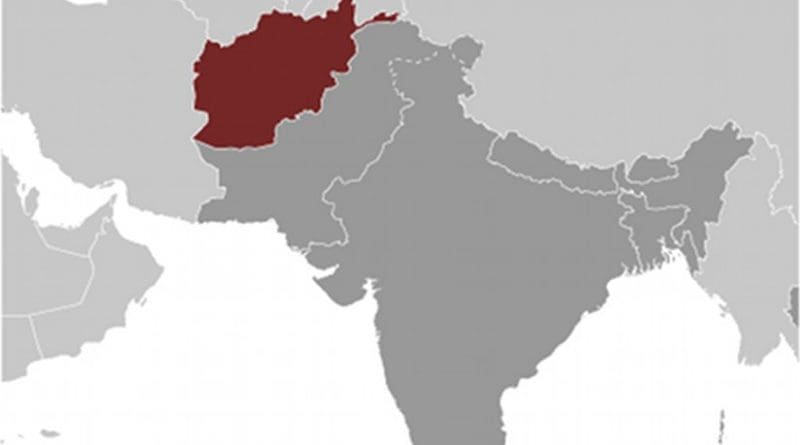The Killing Of Ahmed Wali Karzai: What Now About War In Afghanistan? – Analysis
By Dr. Shanthie Mariet D Souza
The killing of Ahmed Wali Karzai, the controversial half brother of Afghanistan President Hamid Karzai, has raised many difficult questions on the trajectory of the Afghan war effort. His killing is the continuation of a series of high profile assassinations in the country, even as the Americans announced draw down of forces and are working towards reconciliation with the Taliban.
A recent report of the United Nations stated that more than half of all assassinations across Afghanistan since March had been in Kandahar, the spiritual homeland of the Taliban. In April this year, the Kandahar police chief Khan Mohammad Mujahid was killed by a suicide bomber wearing a police uniform. Ahmed Wali’s killing was apparently done by his own security guard.
The killing of police chiefs and government officials in northern Afghanistan, followed by the attack on the Intercontinental hotel in Kabul are illustrative of the insurgent capability. This spate of violence and systematic elimination of the leadership would further complicate the process of transition to the Afghans by 2014.
Ahmed Wali was the head of Kandahar’s provincial council, wielded immense power and was widely regarded as the most powerful man in southern Afghanistan. His misuse of power, corruption, land theft and involvement with the narcotic trade has left many locals feeling disillusioned with the government.
Ahmed Wali provided crucial assistance to the US counter-insurgency effort in Kandahar. In turn, he was paid by the CIA to recruit a paramilitary force. Despite public denouncements, Ahmed Wali’s support was necessary to the CIA and the US military efforts, which thereby largely put up with his involvement in large-scale corruption and drug trade. The killing is a stark reminder of the complex web of local interests, ethno-tribal affinities and patronage networks that the US policy in Afghanistan has had to navigate.
This dilemma further embodies the inherent contradictions of US policy in Afghanistan — to deal with power brokers who in the short term are useful, but are undesirable in the long run and become hindrances in building long-lasting institutions of governance and rule of law.
The complex power structure in post 9/11 Kandahar that has been built by the Karzai family with its intricate web of connections to powerbrokers across the south including narcotics smugglers and religious elders, will be shaken and a ensuing power struggle is probable between members of the Karzai family and leaders from other influential tribes among Pushtuns.
The killing creates a power vacuum in Kandahar and would invariably lead to a power struggle among the Pushtuns, leaving the door open for intra and inter tribal rivalry. It could even leave the door open for a comeback of the Taliban. The US plan of stabilizing Kandahar is in disarray with the killing of Ahmed Wali.
President Hamid Karzai backed his brother to the fullest. It was the most rational thing to do, for Ahmed Wali was instrumental in bringing the Pushtun support behind his half brother President Karzai. It is widely believed that his role in the 2009 Presidential elections ensured victory for Hamid Karzai. At a time when President Karzai’s support base among the Pushtuns has eroded considerably as he is seen to favor his own tribe Popalzai, the seeds of distrust could further intensify in the ensuing power struggle and even complicate the efforts towards reconciliation.
Taliban has issued a rather swift statement claiming responsibility for his killing. The message will ring loud and clear in the Pushtun heartland. It points at the fragile level of security the decade long military operations have achieved. Despite the claim by General David Petraeus that there has been success in bringing security, without governance and rule of law, the regime built around local power brokers will simply collapse.
This article appeared at Al Arabiya News and is reprinted with the author’s permission.

